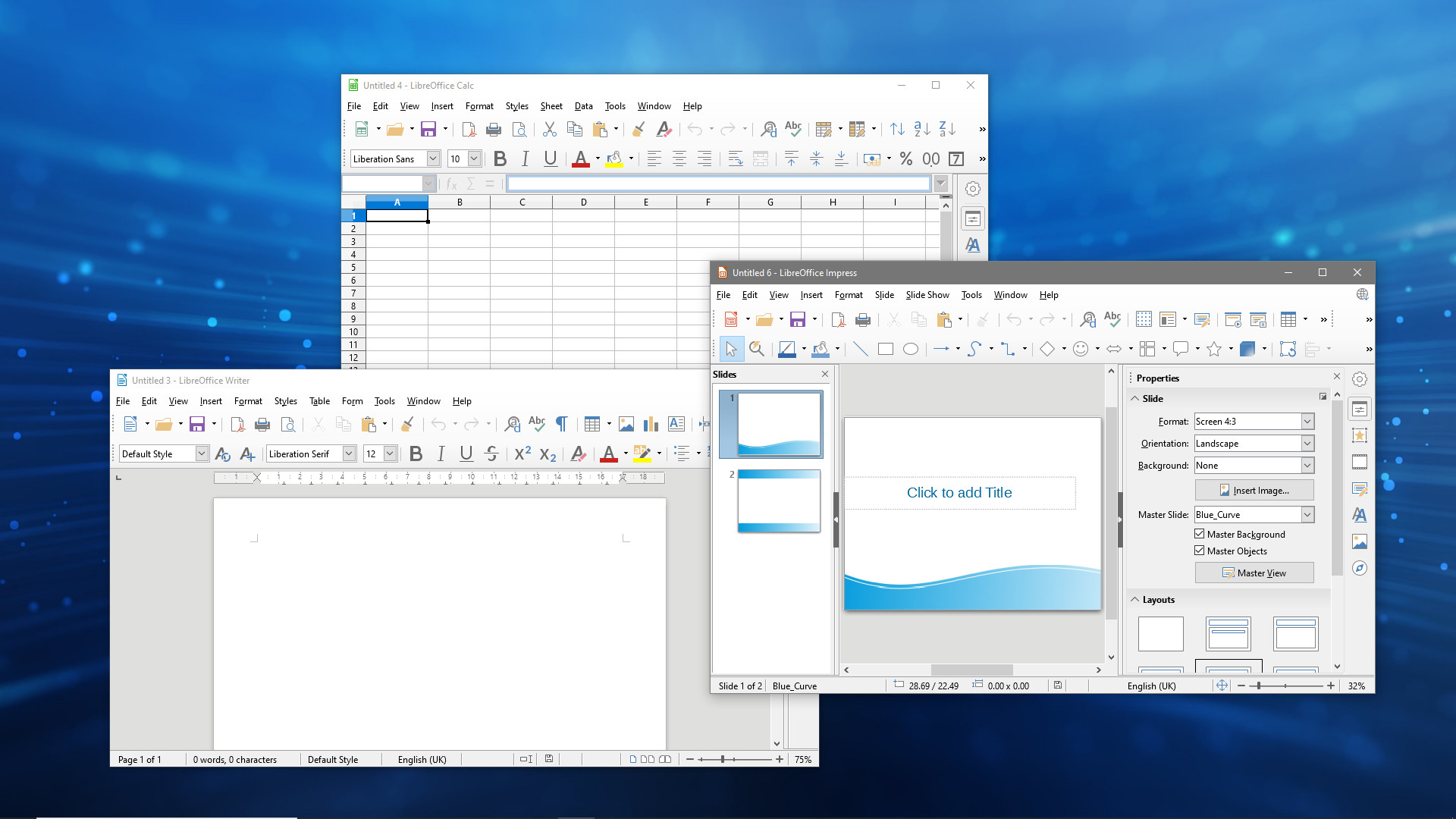Denmark wants to replace Windows and Office with Linux and LibreOffice as it seeks to embrace digital sovereignty
Denmark bets big on open source revolution and control

- Denmark wants out of Microsoft's grip, turning to Linux and LibreOffice for independence
- The Danish government is choosing open source over vendor lock-in and foreign tech control
- LibreOffice might be free, but can it match Microsoft Office’s compatibility?
Denmark is embarking on an ambitious effort to reduce its reliance on proprietary software from foreign tech giants by transitioning its government systems away from Microsoft offerings Windows and Office 365.
The Danish Ministry of Digitalization reportedly plans a phased migration to Linux operating systems and LibreOffice for office productivity.
The initiative is driven by concerns over digital sovereignty and the strategic risks of depending on foreign providers, particularly those based in the United States.
Open-source tools as a strategy for independence
Danish officials cite widely used open-source office suite LibreOffice as the best alternative to Microsoft Office for their needs.
The ministry aims to gain greater control over software updates, data storage, and security while avoiding vendor lock-in.
This effort is not solely about cutting costs, although reduced licensing fees are expected to yield financial benefits.
The core objective, according to Minister Caroline Stage, is strategic: to safeguard Denmark’s digital infrastructure from the uncertainties of geopolitical tensions and the risk of disrupted access to US-based services.
Sign up to the TechRadar Pro newsletter to get all the top news, opinion, features and guidance your business needs to succeed!
The move aligns with a broader trend across Europe, where governments are increasingly cautious about the long-term implications of depending on foreign tech companies.
Denmark’s initiative is not without precedent. More than a decade ago, Germany, most notably the city of Munich, attempted to replace Microsoft products with Linux and LibreOffice.
Despite initial enthusiasm, the project was eventually reversed due to compatibility issues, user dissatisfaction, and challenges in maintaining productivity.
Given this history, observers may question whether Denmark’s approach can yield different results.
The Danish government, however, appears to be proceeding with greater caution. The rollout will be gradual, and the ministry has stated that it will temporarily revert to Microsoft tools if serious disruptions arise.
This pragmatic stance indicates a willingness to prioritize operational continuity over strict adherence to the transition timeline.
While LibreOffice is often described as the leading alternative to Microsoft Word, its real-world performance in government settings remains a subject of debate.
Compatibility with Microsoft Office documents and user adaptation to a new interface may pose significant challenges.
Likewise, while Linux is frequently praised as a powerful and secure operating system, its stability and support can vary depending on the chosen distribution.
Ultimately, Denmark’s initiative represents a broader political and technological experiment, one that raises important questions about control, resilience, and the future of national digital infrastructure.
Whether it will succeed where others have stumbled remains to be seen, but what is clear is that the move is less about software preference and more about who holds the keys to government technology.
Via Guru3D
You might also like
- Check out the best 3D modeling software for 3D printing and more
- We've rounded up the best portable monitors available now
- Meet the 'Duracell Bunny' of SSDs that can withstand 50 drive writes per day for five years

Efosa has been writing about technology for over 7 years, initially driven by curiosity but now fueled by a strong passion for the field. He holds both a Master's and a PhD in sciences, which provided him with a solid foundation in analytical thinking.
You must confirm your public display name before commenting
Please logout and then login again, you will then be prompted to enter your display name.